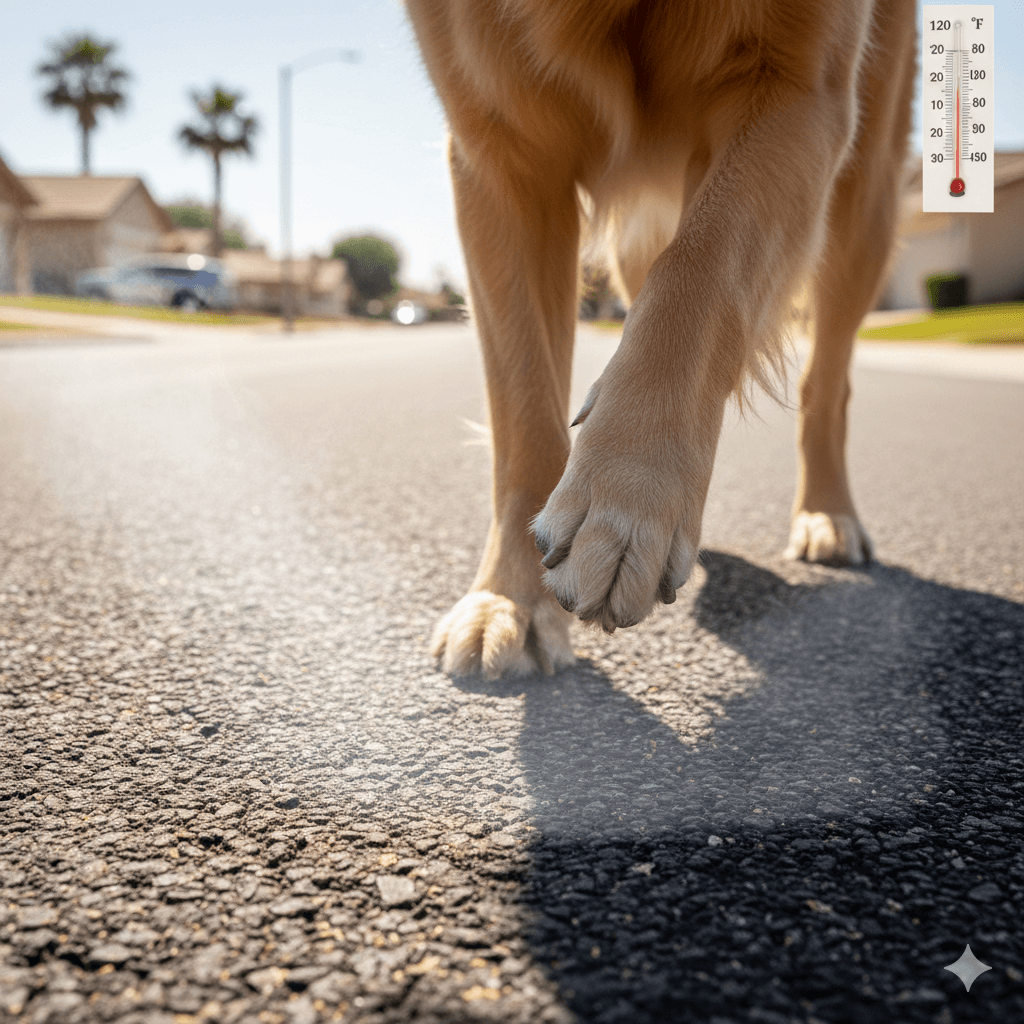Is Chicken Liver Good for Dogs? A Nutritious Treat or Potential Risk?
When it comes to feeding our furry friends, many pet owners wonder whether certain human foods are safe and beneficial for their dogs. One such food that often sparks curiosity is chicken liver. Packed with nutrients, chicken liver can be a tempting treat to share with your pup—but is it truly good for them? In this blog post, we’ll explore the nutritional benefits of chicken liver, potential risks, and how to incorporate it into your dog’s diet safely. Whether you’re a seasoned dog owner or new to pet care, this guide will help you make informed decisions about feeding chicken liver to your beloved companion.
Nutritional Benefits of Chicken Liver for Dogs
Chicken liver is not only tasty but also incredibly nutritious, making it a popular choice among pet owners who want to supplement their dog’s diet. Here are some key benefits of feeding chicken liver to your dog:
Rich in protein, which supports muscle growth and repair
High in vitamin A, promoting healthy skin, coat, and vision
Packed with iron, helping prevent anemia and boosting energy levels
Contains essential B vitamins like B12, which support brain function
Provides zinc, aiding in immune system health and wound healing
While chicken liver offers numerous health benefits, moderation is key. Overfeeding can lead to nutrient imbalances, so always introduce it gradually and in appropriate portions.
Potential Risks of Feeding Chicken Liver to Dogs
While chicken liver is nutritious, it’s important to be aware of potential risks to ensure your dog’s safety. Overconsumption or improper preparation can lead to health issues. Here are some risks to consider:
Excessive vitamin A intake, which can cause toxicity over time
High phosphorus levels, potentially leading to urinary tract issues
Risk of digestive upset if introduced too quickly or in large amounts
Possible contamination with harmful bacteria if not handled properly
Allergic reactions in dogs with sensitivities to poultry products
To avoid these risks, always consult your veterinarian before adding chicken liver to your dog’s diet. Proper preparation and portion control are essential for keeping your pup healthy.
Check this guide 👉Are Chicken Feet Good for Dogs? Best 7 Health Tips!
Check this guide 👉How to Boil Chicken for Your Dog: Best 7 Health Tips!
Check this guide 👉Homemade Chicken Dog Treats Recipe: Best 7 Health Tips!

Benefits of Chicken Liver for Dogs | Precautions When Feeding Chicken Liver |
|---|---|
High in protein for muscle health | Avoid overfeeding to prevent vitamin A toxicity |
Rich in iron to prevent anemia | Cook thoroughly to eliminate bacteria |
Supports healthy skin and coat | Introduce gradually to avoid digestive upset |
Boosts immune system with zinc | Monitor for signs of allergies or sensitivities |
Promotes brain function with B vitamins | Consult your vet before adding to the diet |
How to Safely Prepare Chicken Liver for Your Dog
Preparing chicken liver correctly is crucial to ensure it’s safe and palatable for your dog. Follow these steps to minimize risks and maximize nutritional value:
Choose fresh, high-quality chicken liver from a trusted source
Rinse the liver thoroughly under cold water to remove impurities
Boil or bake the liver until fully cooked—avoid frying to reduce fat content
Cut it into small, bite-sized pieces suitable for your dog’s size
Store leftovers in an airtight container in the refrigerator for up to 3 days
By following these guidelines, you can provide your dog with a delicious and nutritious treat while minimizing potential health risks. Always prioritize freshness and cleanliness when handling raw ingredients.
Alternative Ways to Incorporate Chicken Liver into Your Dog’s Diet
If you’re looking for creative ways to include chicken liver in your dog’s meals, there are several options to consider. These alternatives ensure variety while maintaining nutritional balance. Here are some ideas:
Mix finely chopped cooked liver with your dog’s regular kibble
Use dehydrated chicken liver as a training reward or snack
Blend cooked liver into homemade dog-friendly treats or biscuits
Add a small amount of pureed liver to wet dog food for extra flavor
Freeze liver chunks in ice cube trays for a refreshing summer treat
These methods allow you to experiment with different textures and presentations, keeping your dog excited about mealtime. Always remember to keep portions small and balanced.
Signs Your Dog Loves Chicken Liver
If you’re unsure whether your dog enjoys chicken liver, their behavior and reactions can provide clear clues. Dogs often show excitement or satisfaction when they encounter foods they love. Here are some signs that your dog might be a fan of chicken liver:
Wagging their tail enthusiastically when you prepare it
Eagerly eating meals that include chicken liver without hesitation
Looking for more after finishing their portion
Showing increased focus or obedience during training with liver treats
Licking their lips or smacking after consuming it
These signs indicate that chicken liver is a hit with your pup. However, always ensure you’re feeding it in moderation to keep their diet balanced and healthy.
Nutritional Comparisons: Chicken Liver vs. Other Proteins
While chicken liver is highly nutritious, it’s helpful to compare it with other protein sources to understand its unique benefits. Each protein has its own nutritional profile, and knowing the differences can help you make informed choices for your dog’s diet. Here’s how chicken liver stacks up:
Higher in vitamin A compared to beef or turkey
Richer in iron than chicken breast or fish
Contains more B vitamins than lamb or pork
Lower in fat than ground beef or duck
More affordable and accessible than exotic proteins like venison
Chicken liver stands out as a nutrient-dense option, but variety is key to ensuring your dog gets a well-rounded diet. Rotate proteins to provide a broad spectrum of nutrients.
Creative Recipes Featuring Chicken Liver
Incorporating chicken liver into homemade dog treats or meals can be both fun and rewarding. These recipes are simple to prepare and allow you to control the ingredients your dog consumes. Here are some creative ideas to try:
Chicken liver and sweet potato biscuits baked until crunchy
Frozen liver pops made by blending cooked liver with water or broth
Liver and veggie mix sautéed with carrots and green beans
Homemade jerky strips by dehydrating thin slices of cooked liver
Liver-infused bone broth simmered with herbs like parsley
These recipes not only make mealtime exciting but also provide your dog with wholesome, natural nutrition. Always introduce new recipes gradually and observe how your dog responds.
FAQ
How much chicken liver can I feed my dog?
Limit chicken liver to no more than 10% of your dog’s daily caloric intake to avoid nutrient imbalances.
Can puppies eat chicken liver?
Yes, but in very small amounts and only if fully cooked. Consult your vet before introducing it to a puppy’s diet.
Is raw chicken liver safe for dogs?
Raw chicken liver can contain harmful bacteria, so it’s safer to cook it thoroughly before feeding.
Can chicken liver cause diarrhea in dogs?
Yes, if fed in excess or introduced too quickly. Start with small amounts and monitor your dog’s reaction.
Are there dogs that shouldn’t eat chicken liver?
Dogs with kidney or liver issues, allergies, or sensitivities to poultry should avoid chicken liver unless approved by a vet.
Conclusion: A Balanced Approach to Feeding Chicken Liver
Chicken liver can be a wonderful addition to your dog’s diet when fed responsibly. Its rich nutrient profile supports overall health, from muscle development to immune function. However, understanding the potential risks and taking precautions ensures your dog enjoys the benefits without compromising their well-being. By preparing chicken liver safely, monitoring portion sizes, and consulting your veterinarian, you can provide your furry friend with a tasty and nutritious treat. Remember, every dog is unique, so tailor their diet to their specific needs and preferences. With care and attention, you can enhance your dog’s meals while strengthening the bond you share through thoughtful nutrition.
Newfoundland Dog Personality: Best 7 Expert Tips! – Discover the gentle, loyal, and protective nature of this giant breed perfect for families.
Can Hot Pavement Burn Your Cats Paws? Best 7 Expert Tips! – Learn how to protect your cat’s paws from hot surfaces and prevent painful burns this summer.
Can Hot Pavement Burn Your Dogs Paws? Best 7 Expert Tips! – Learn how to protect your dog’s paws from hot surfaces and ensure safe summer walks.
Irish Wolfhound Size: Best 7 Expert Tips! – Discover the ideal height, weight, and care tips for this majestic giant breed. Learn how to manage their impressive stature responsibly.





